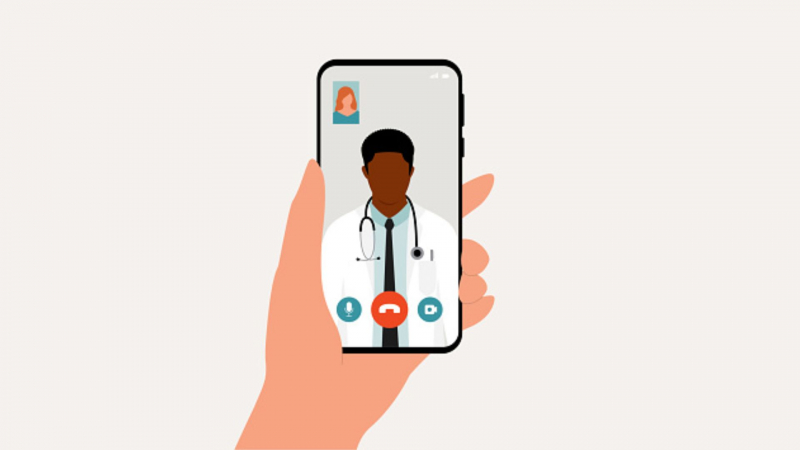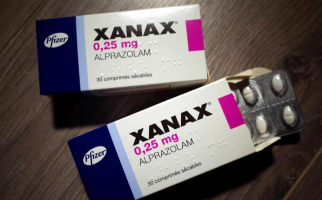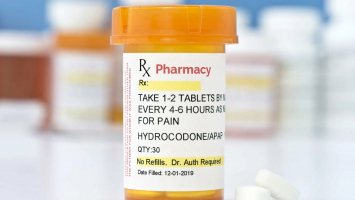Top 9 Things to Know About Ambien
Sleep disorders, difficulty falling asleep, or unable to maintain sleep are common today, leading to an increasing need for drugs to treat insomnia, including ... read more...Ambien. So what is Ambien and how is it used?
-
Ambien is a sedative, also called a hypnotic. Zolpidem affects chemicals in the brain that may be unbalanced in people with sleep problems insomnia).
Ambien is used to treat insomnia. The immediate-release tablet is used to help you fall asleep when you first go to bed. The extended-release form, Ambien CR, which has a first layer that dissolves quickly to help you fall asleep, and a second layer that dissolves slowly to help you stay asleep.
Your doctor will determine which form of Ambien is best for you.
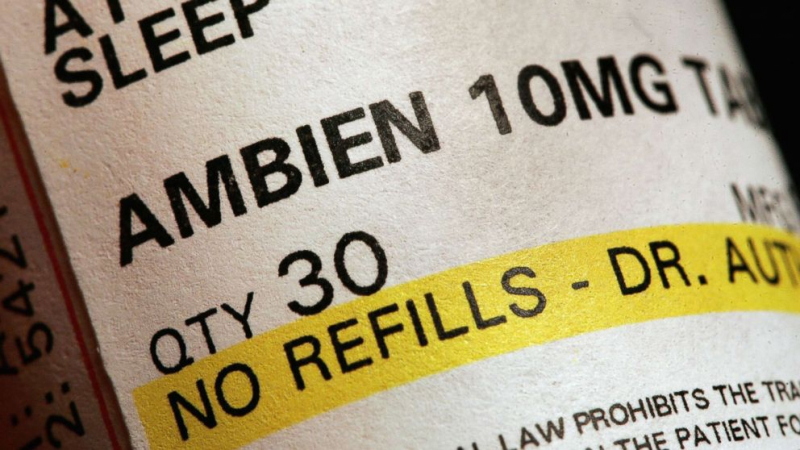
ABC News 
Vinmec -
Ambien can cause severe allergic reactions. If you have hives, difficulty breathing, or swelling of your face, lips, tongue, or throat, stop taking this medication and seek emergency medical attention.
Do not give Ambien to anyone else, even if they have the same symptoms as you. Men and women require different zolpidem doses, and this medication is not approved for use in children. Misuse of this medication can have serious side effects.
Ambien may impair your ability to think or react. You may still feel sleepy the morning after taking this medicine, especially if you take the extended-release tablet, or if you are a woman. Before doing anything that requires you to be awake and alert, wait at least 4 hours or until you are fully awake.
Never take Ambien in larger doses or for a longer period of time than prescribed.
If you have consumed alcohol during the day or just before going to bed, do not take zolpidem.
The Recovery Village at Baptist Health 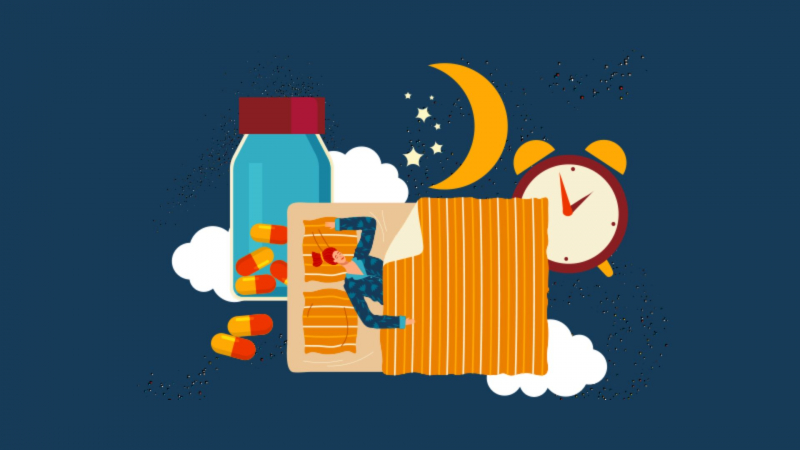
BuzzRx -
Some Ambien users have reported having no memory of activities such as driving, eating, walking, making phone calls, or having sex. If this occurs, discontinue the use of the medication and consult with your doctor about another treatment option for your sleep disorder.
You should not use Ambien if you are allergic to zolpidem. The tablets may contain lactose. Use caution if you are sensitive to lactose.
Ambien is not approved for use by anyone under the age of 18.
To ensure that this medication is safe for you, inform your doctor if you have ever had:
- depression, mental illness, or suicidal thoughts;
- drug or alcohol addiction;
- lung disease or breathing problems;
- sleep apnea (breathing stops during sleep); or
- liver or kidney disease.
Ambien use in the last three months of pregnancy may result in drowsiness or breathing problems in your newborn.
It may not be safe to breastfeed while using this medicine. Inquire with your doctor about any potential risks.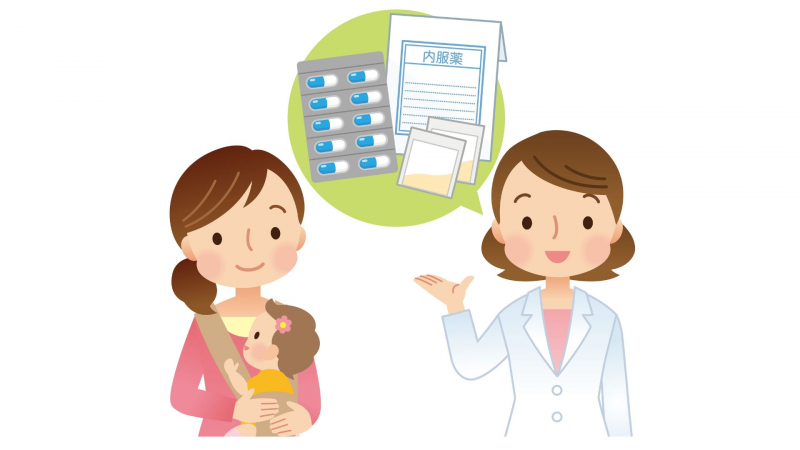
The Pregistry 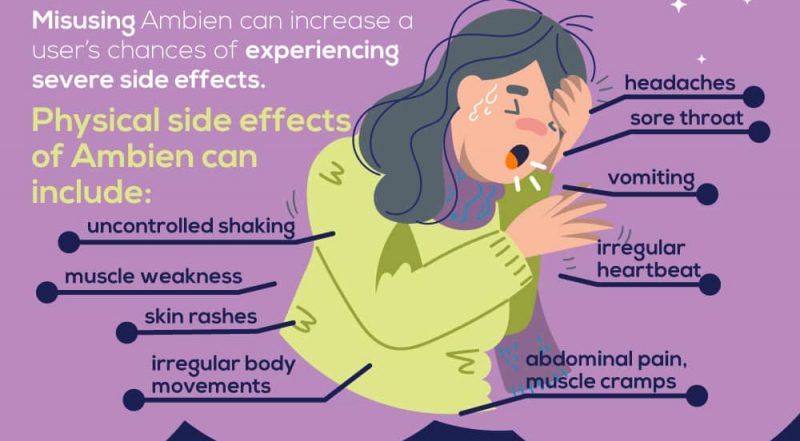
Northpoint Washington -
Take Ambien exactly as prescribed by your doctor. Follow all directions on your prescription label. Never take this medication in larger amounts or for a longer period of time than prescribed.
Men and women require different zolpidem doses, and this medication is not approved for use in children.
Read all of the patient information, medication guides, and instruction sheets that have been given to you. If you have any questions, consult your doctor or pharmacist.
Zolpidem may become addictive. Misuse can lead to addiction, overdoes, and death. It is illegal to sell or distribute this medication.
Do not give this medication to anyone else, even if they have the same symptoms as you. Ambien doses differ between men and women, and this medication is not approved for use in children. Misuse of this medication can have serious side effects.
Never take this medication if you do not have a full 7 to 8 hours of sleep before returning to activity.
Ambien is only intended for short-term use. If your insomnia symptoms do not improve or worsen after using this medication for 7 to 10 nights in a row, consult your doctor. Do not take this medication for more than 4 or 5 weeks without consulting your doctor.
If you suddenly stop taking Ambien after a long period of use, you may experience unpleasant withdrawal symptoms. Inquire with your doctor about how to avoid withdrawal symptoms when you stop taking the medication.
When you stop taking Ambien, your insomnia symptoms may return, and they may be worse than before. If you continue to have worsened insomnia after stopping this medication, contact your doctor.
An Ambien CR tablet should not be crushed, chewed, or broken. Take the pill whole.
Store away from moisture and heat at room temperature. Do not freeze.
MyDr.com.au 
Prescription Hope -
Avoid taking Ambien while traveling, such as sleeping on an airplane. You may be awakened before the medication's effects have worn off. If you do not get a full 7 to 8 hours of sleep after taking Ambien, you are more likely to experience amnesia (forgetfulness).
Avoid driving or engaging in dangerous activities until you know how zolpidem will affect you. After taking Ambien, you may still feel sleepy in the morning, and your reactions may be impaired. Wait until you are fully awake before driving, operating machinery, flying, or doing anything else that requires you to be awake and alert.
If you have consumed alcohol during the day or just before going to bed, do not take this medication.
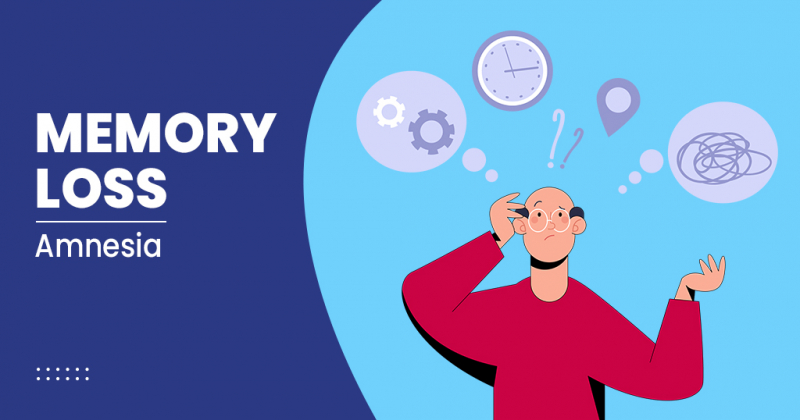
Star Health Insurance 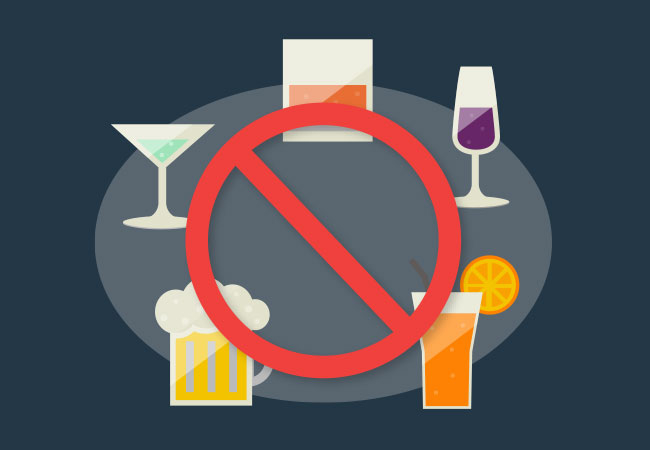
Cleveland Clinic -
Zolpidem may cause a severe allergic reaction. Stop taking Ambien and get emergency medical help if you have signs of an allergic reaction: hives; difficulty breathing; swelling of your face, lips, tongue, or throat.
Report any new or worsening symptoms to your doctor, such as depression, anxiety, aggression, agitation, confusion, unusual thoughts, hallucinations, memory problems, changes in personality, risk-taking behavior, decreased inhibitions, no fear of danger, or thoughts of suicide or hurting yourself.
Stop using this medicine and call your doctor at once if you have:
- chest pain, fast or irregular heartbeat, feeling short of breath;
- trouble breathing or swallowing; or
- feeling like you might pass out.
Ambien's sedative effect may be stronger in older adults. Dizziness or extreme drowsiness can result in falls, accidents, or serious injuries.
The following are some of the most common Ambien side effects:
- daytime drowsiness, dizziness, weakness, feeling "drugged" or light-headed;
- tired feeling, loss of coordination;
- stuffy nose, dry mouth, nose or throat irritation;
- nausea, constipation, diarrhea, upset stomach; or
- headache, muscle pain.
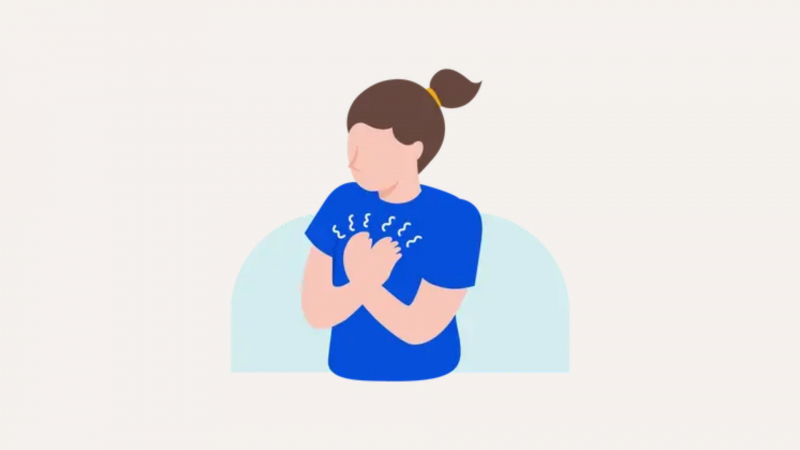
Buoy Health 
Narayana Health -
Drug interactions can increase the risk of unwanted effects. Therefore, to reduce drug interactions, tell your doctor about all the medications you are taking before taking zolpidem.
Absolutely do not arbitrarily use, stop or change the dose of any medicine, including Ambien without the guidance of the doctor.
Sodium Oxybate may interact with the drug Ambien. A number of other drugs affect the elimination of zolpidem from the body and the action of this medication for insomnia. These drugs include azole antifungals (such as ketoconazole), and rifampin.
The risk of serious side effects (such as slow breathing, drowsiness, and dizziness) is increased if Ambien is taken with other medicines that also cause drowsiness or breathing disturbances.
Talk to your doctor about products you are taking such as opioid pain relievers or cough suppressants (such as codeine, hydrocodone), alcohol, marijuana, sedatives or anxiety relievers (such as alprazolam, lorazepam, zopiclone), muscle relaxants (such as carisoprodol, cyclobenzaprine), antihistamines (such as cetirizine, diphenhydramine).
vinmec 
Healthgrades -
Seek emergency medical attention or dial 1-800-222-1222 for Poison Help. An overdose of zolpidem can be fatal, especially when combined with other drowsiness-causing medications.
Overdose symptoms may include sleepiness, confusion, shallow breathing, feeling light-headed, fainting, or coma.

Premium Times Nigeria 
Twitter











